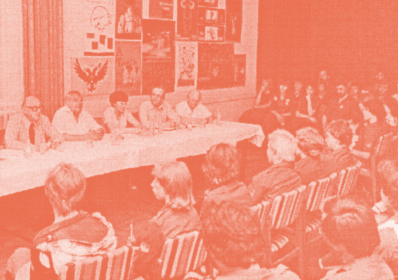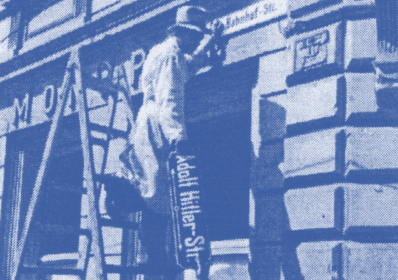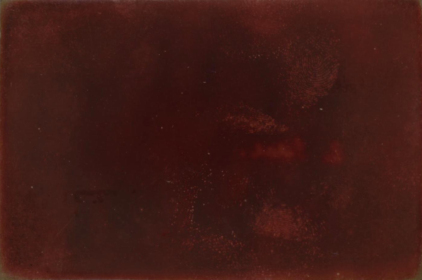
Colonialism Comes Full Circle
Germany’s selective memory politics and the pattern of ongoing violence in Namibia
Subscribe to the Diasporist’s newsletter
Latest


Two Kinds of Staatsräson
How Germany uses the singularity of the Holocaust to limit liability for its colonial crimes
Rise & Fall of the BRD


Is Holocaust Memory Over?
How the German political and media classes have hollowed out the lessons of history

Memory and Glue
How the surviving victims of national socialism pose a challenge to memory culture
Featured

The Boy Who Cried Wolf
Philipp Peyman Engel, the Feuilleton section, and the power to decide who is Jewish in Germany


The Bitter Tears of Klaus Biesenbach
How Germany’s cultural elite finds the opinion of Jewish artists hard to bear

The Bomb on Time: To Gaza, by Way of Cologne
How weapons continue to be shipped to Israel through Cologne
Editor’s picks
From the archive

The Conditions for Inner Exile
Emily Dische-Becker on the Berlin Senate’s proposed budget cuts to the cultural sector

Germany is Not Your Friend
The Berlinale’s reputation as a political film festival gets put to the test

From Auschwitz to Skyscrapers
How a group of Jewish concentration camp survivors became pimps, drug dealers, and criminals in postwar Frankfurt
About the Diasporist
The Diasporist is an online, bilingual magazine of political criticism, cultural analysis, and new writing from in and outside of Germany.
The Diasporist draws inspiration from intellectual traditions of diasporic thought, modeling pluralistic debate and the value of critical distance. We aim to publish several pieces on each topic of interest, promoting multiple perspectives and informed difference of opinion.
We uphold high editorial standards, believing that writing that is curious, open, witty, provocative, well-informed, and eclectic can convey complex ideas in style as well as substance. We also feature fiction, criticism, original reportage, and broader cultural analysis from both established and emerging voices.






